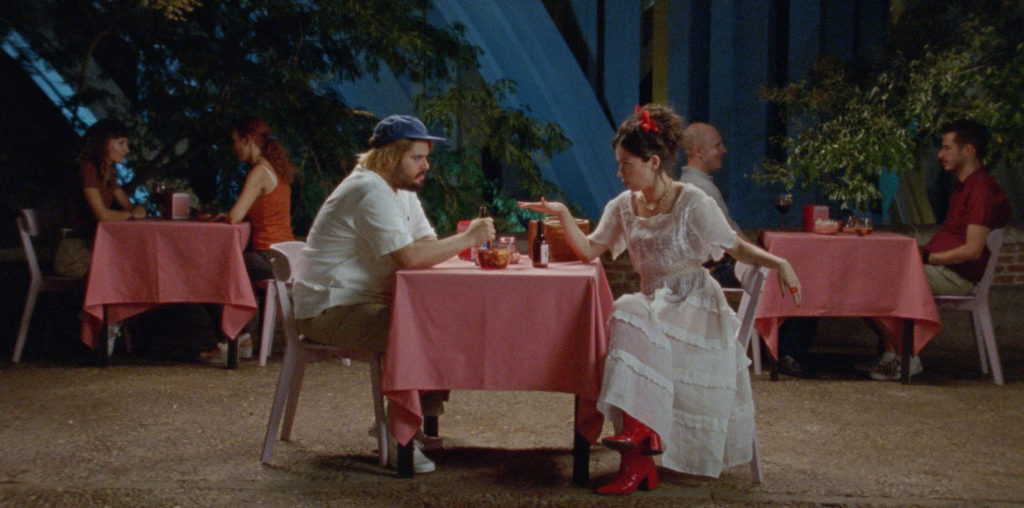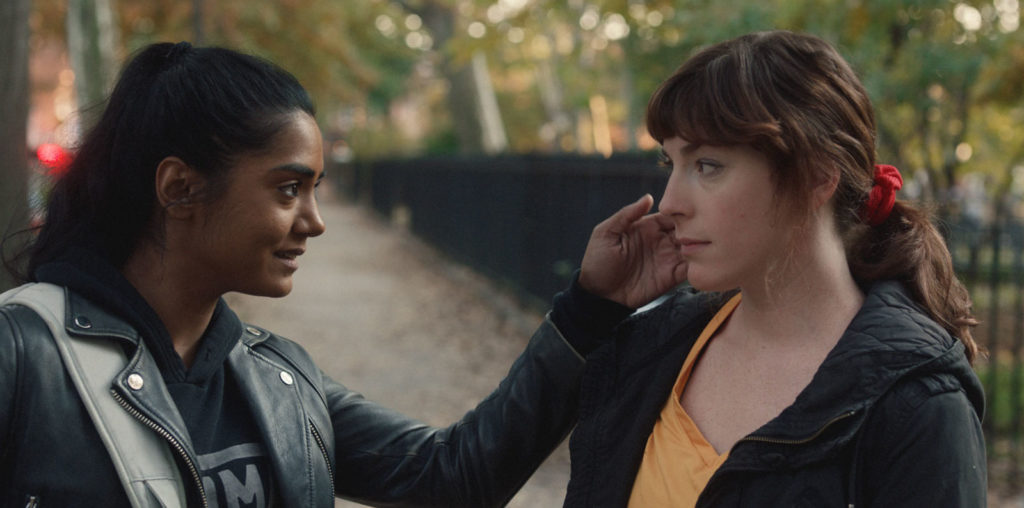
I’m thirty-four years old, and I still find it hard to believe that there are other adults out there who think it is perfectly acceptable to tell me what I should and should not be able to see when it comes to movies.
I was talking with a man whom I know in passing. We were discussing films that were coming out, and I made the mistake of mentioning that I was looking forward to “The Devil’s Rejects.” I mentioned it because I knew he liked horror movies, though he wasn’t a die-hard fan. He asked me what it was about, and I proceeded to tell him. His reaction?
“They shouldn’t be allowed to make movies like that.”
To say I was shocked was an understatement. I actually laughed because I thought he may have been joking.
“I’m serious. There’s no need to make those kinds of films. There’s enough bad things happening in life. Why do you need to see it at the movies?”
That’s the typical argument I get when trying to discuss “dark” films with people. I like to point out that there’s plenty of laughs in the world, too, but nobody talks about banning comedies.
“I don’t agree with those types of films, and I really wish people weren’t allowed to make that sort of thing.”
I was surprised he didn’t ask, “What about the children?” That’s usually what comes next. Instead of pressing the issue, which only would have led to more disbelief on my part, I dropped it. This guy was someone I thought was intelligent and fairly open-minded, and except for this one thing, he usually is. I just couldn’t believe I was hearing him say that directors and writers shouldn’t be allowed to make movies like “The Devil’s Rejects.”
Censorship officially comes from the government, and that’s pretty scary stuff. What’s worse, however, is when people who are supposed to be “free” start calling for it. That’s the kind of thing the government loves to attach its wagon to. The theory is that people are asking for it, so let’s do it. The problem is, those things always go too far. In fact, banning one movie is going too far. Banning entire genres just reeks of fascism.
Noam Chomsky, a linguist and one of the most quoted men on the planet, once said that in a fascist society there was no need for the government to control what people thought because it could control their actions. People could think about freedom all they wanted to because they weren’t free to act on those thoughts. In a democracy, however, people can influence the shape of the government, so therefore it is important to control their thoughts. Chomsky wasn’t talking about brainwashing or any offbeat sci-fi projects. He was talking about propaganda and outright lies, which repeated often enough become
“truths.”
I can understand why a government calls for censorship. Governments — all of them — rule by force, even our own. Controlling what the public sees is another way of controlling information, which in turn controls the public (especially in a democracy). So government censorship, while being something I abhor, is understandable. Rapists rape. Murderers murder. Governments govern. I can even understand when religious leaders call for it, too. After all, if their “flock” is naive enough to believe everything its leaders say, they can definitely be influenced by a movie. What I don’t understand is when perfectly intelligent, rational people start thinking censorship is a good idea.
When people start to believe that films can do people harm and that nobody in their right mind should want to see an “evil” film, then they start to think it’s acceptable to ban those types of movies. After all, if they don’t like it, who does? Nobody like them, that’s for sure. They must be Bad People, and you don’t want to give Bad People Bad Ideas. They may do Something.
Here’s a small list of movies people have told me should not have been allowed to have been made: “A Clockwork Orange,” The Texas Chainsaw Massacre, Requiem for a Dream, “Last House on the Left,” Irreversible, “Men Behind the Sun,” The Passion of the Christ, and “Se7en.” All those films have a level of depravity to them that makes a weaker-minded individual sit back and say, “Well, that’s a little much.” I can even sympathize a bit. These films aren’t for all people, however. They appeal to certain segments of an audience, not a mass audience (except maybe for “Se7en” and “The Passion of the Christ”).
There was one film I left off that list in order to illustrate my point. It was a film one of these would-be censors thought was so vile, so disgusting that it shouldn’t have been conceived of, let alone made and released in theatres. It wasn’t Fahrenheit 9/11, which did inspire similar reactions throughout the talk radio world. It was Private Parts, the Howard Stern film, and the person didn’t even actually see it. The idea of the movie disturbed him because Howard Stern was a “monster” who shouldn’t be allowed to make films because of his offensive radio show, which he also never listened to.
Never trust these amateur censors, folks. They know not of what they speak, and their knowledge of film and other popular media is zero. To let them even partially influence social standards is the equivalent of cutting one’s own throat. You can’t trust them with the job, and where do you think it would end? “The Devil’s Rejects” would be the start. Your favorite film would be next. That’s just how it works. And we can never forget that.
Discuss “Excess Hollywood” in Film Threat’s BACK TALK section! Click here>>>


